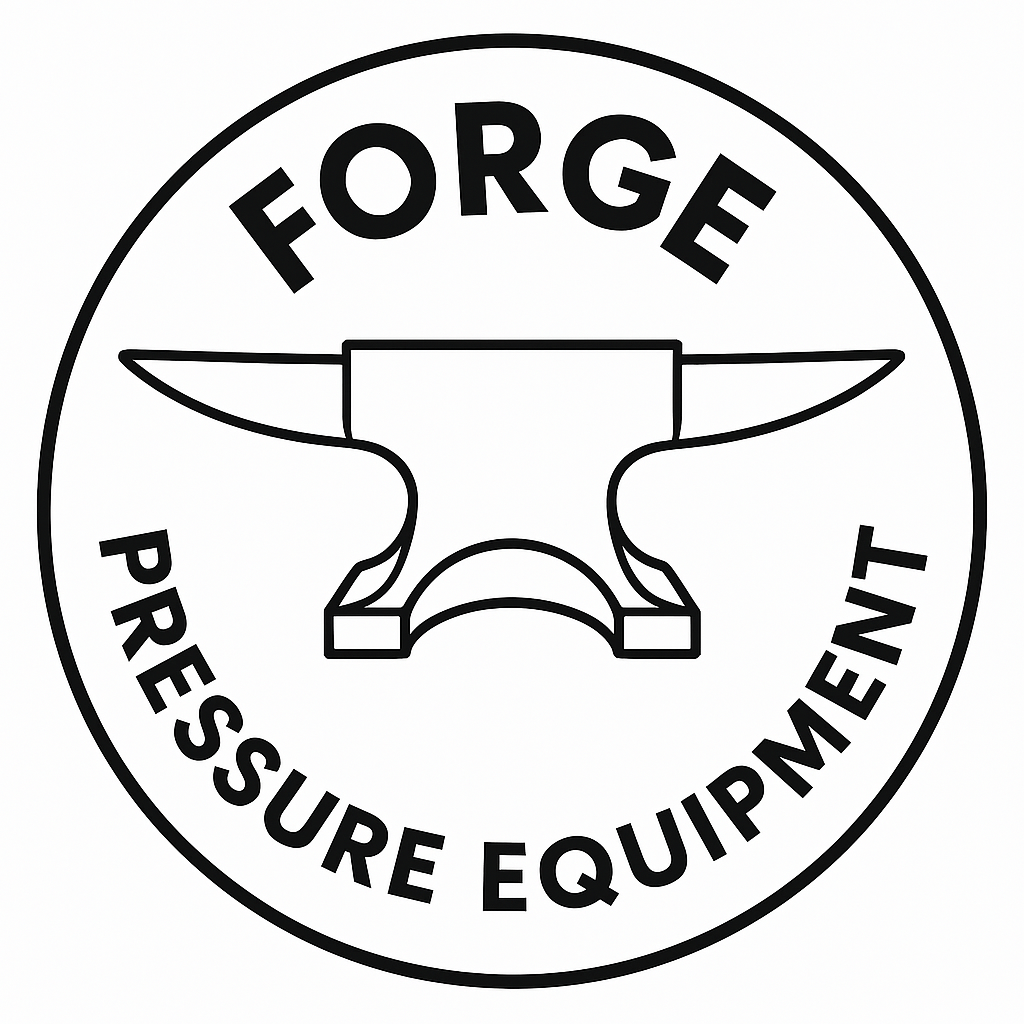How Polymerisation Experiments Benefit from Laboratory Pressure Reactors
Polymerisation research often demands precise control over temperature, pressure, and reaction conditions. For laboratories in the UK, the use of high pressure laboratory pressure vessel equipment is central to achieving reproducible, safe, and scalable results. Whether you are a researcher optimising a new polymerisation pathway or a procurement officer sourcing UK laboratory pressure vessels, understanding the benefits of these systems is essential.
This article explores how lab pressure vessels and high pressure reactors enhance polymerisation experiments, with a focus on compliance, safety, and practical applications.
Why Laboratory Pressure Vessels Are Essential for Polymerisation
Polymerisation reactions often involve volatile monomers, catalysts, and solvents that require containment under elevated pressures. A laboratory pressure vessel provides the controlled environment necessary for these processes.
Key benefits include:
Ability to maintain consistent high pressures for extended reaction times
Improved reaction yields and molecular weight control
Enhanced reproducibility across experimental runs
Safe containment of hazardous or volatile chemicals
Compatibility with a wide range of polymerisation techniques (e.g., free radical, condensation, coordination)
High Pressure Reactors: Unlocking Advanced Polymerisation Pathways
High pressure reactors are designed to withstand the demanding conditions of polymerisation experiments. They allow researchers to explore reaction pathways that would be impossible under atmospheric conditions.
Advantages of using high pressure laboratory pressure vessels include:
Access to supercritical conditions for unique polymer structures
Faster reaction kinetics due to elevated pressure and temperature
Greater solubility of gaseous monomers (e.g., ethylene, propylene)
Ability to scale from bench‑top experiments to pilot‑scale production
For example, polyethylene production relies on high‑pressure polymerisation of ethylene. Without high pressure reactors, such industrially relevant processes could not be replicated or studied in the laboratory.
Compliance and Safety: ASME and PED Standards
When sourcing UK laboratory pressure vessels, compliance with international safety standards is non‑negotiable. Two key frameworks govern the design and manufacture of pressure equipment:
ASME compliant pressure vessel: Built to the American Society of Mechanical Engineers Boiler and Pressure Vessel Code, ensuring rigorous design, fabrication, and testing standards.
PED compliant laboratory vessel: Conforms to the EU Pressure Equipment Directive, a legal requirement for pressure vessels used in the UK and Europe.
Why compliance matters:
Guarantees safe operation under high pressure conditions
Provides assurance for procurement officers managing laboratory risk
Ensures vessels are suitable for audits, inspections, and insurance requirements
Reduces liability by meeting recognised international standards
Practical Applications in Polymerisation Research
Lab pressure vessels are versatile tools that support a wide range of polymerisation experiments.
Common applications include:
Free radical polymerisation: Controlling pressure improves monomer conversion and polymer chain length.
Coordination polymerisation: High pressure enhances catalyst activity and selectivity.
Step‑growth polymerisation: Elevated pressure allows removal of by‑products, driving reactions to completion.
Copolymerisation: Pressure control enables incorporation of gaseous monomers into polymer backbones.
Practical example:
A UK research group investigating biodegradable polymers used a high pressure laboratory pressure vessel to incorporate CO₂ as a comonomer. The result was a novel polymer with improved environmental performance.
Choosing the Right Laboratory Pressure Vessel
Selecting the correct equipment is critical for both research outcomes and safety. Procurement officers should evaluate:
Pressure rating: Ensure the vessel can handle the maximum expected operating pressure.
Volume: Match vessel size to experimental scale, from small‑volume screening to pilot‑scale trials.
Material compatibility: Stainless steel, Hastelloy, or other alloys depending on chemical resistance needs.
Heating and cooling options: Integrated jackets or electrical heating for precise temperature control.
Instrumentation: Pressure gauges, rupture discs, and digital monitoring for safe operation.
Compliance certification: Confirm ASME or PED compliance for UK laboratory use.
Safety Considerations in Polymerisation Experiments
Working with high pressure laboratory pressure vessels requires strict adherence to safety protocols.
Best practices include:
Always operate within the manufacturer’s specified pressure and temperature limits
Conduct regular inspections for wear, corrosion, or seal degradation
Train laboratory staff in safe handling and emergency procedures
Use appropriate personal protective equipment (PPE)
Maintain detailed records of vessel use, inspections, and maintenance
By following these guidelines, laboratories can ensure both researcher safety and reliable experimental outcomes.
Conclusion: Partnering with Forge Pressure Equipment
Polymerisation experiments benefit enormously from the use of lab pressure vessels and high pressure reactors. They enable researchers to explore advanced reaction pathways, improve reproducibility, and ensure compliance with international safety standards.
For UK laboratories, sourcing ASME compliant pressure vessels or PED compliant laboratory vessels is not just a regulatory requirement but a strategic investment in research capability and safety.
Forge Pressure Equipment specialises in designing and supplying UK laboratory pressure vessels tailored to the needs of polymerisation research. Whether you require a bench‑top laboratory pressure vessel or a pilot‑scale high pressure reactor, our team can provide compliant, robust, and reliable solutions.
👉 Contact Forge Pressure Equipment today to discuss your requirements and explore our full range of lab pressure vessels and high pressure reactors.

